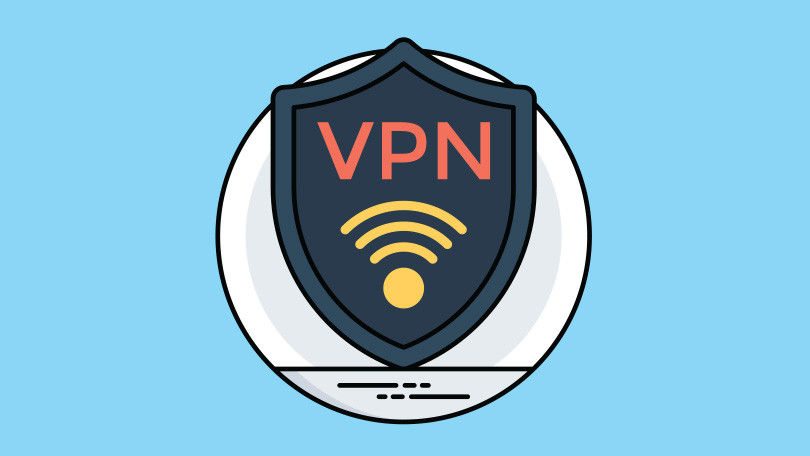TTT (Tech Talk Tips)
Like many industries, IT has a host of shorthand terms that are thrown around to the point where they are commonplace, at least for the IT professionals using them. For more casual users these terms are gibberish. I have been working with and on computers most of my life, and I’m often having to look up new terms or relearn old ones simply because there are so many. In this blog we are going to talk about some common ones, and some with interesting origins.



